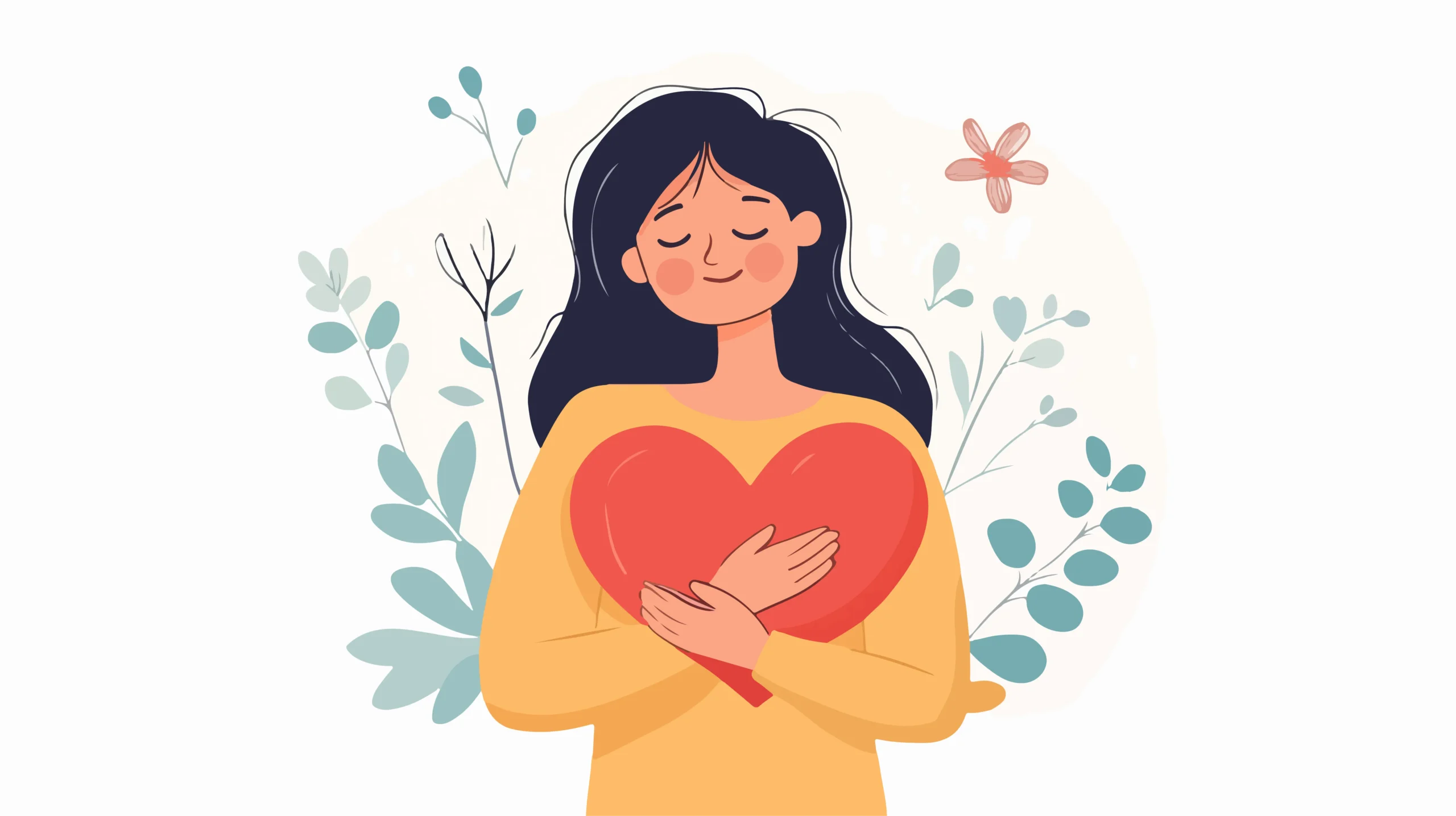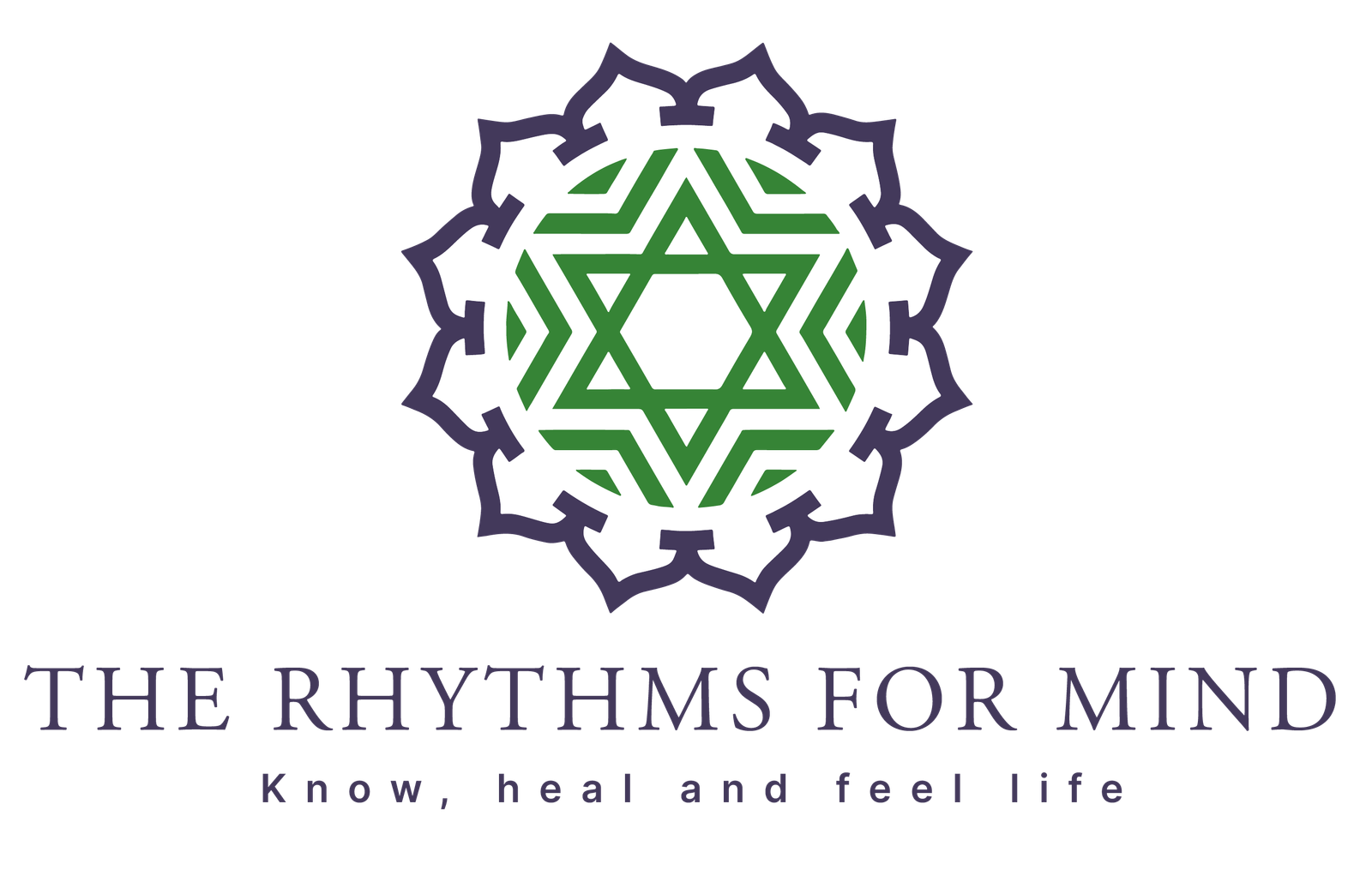Highlights of the post
- Meaning of self-compassion
- Three components of self-compassion
- Self-kindness versus self-criticism
- Common humanity versus isolation
- Mindfulness versus overidentification/avoidance
- Application of the three components of self-compassion
Like all the relationships such as friendship and family relationships, relationship with self is
a very important one. How often do we pause to pay attention to the latter?
We can understand the facets of relationship with self by examining: the way we relate to our
emotions (sadness, joy, shame, fear etc.), thoughts, needs for rest, connection with others and
sleep. Here are a few self-reflection questions: Are we loving towards ourselves? Are we
gentle or too harsh towards our shortcomings? Do I comfort myself when I am in emotional
pain and if yes, do I do that in healthy ways?
Self-compassion is relating to ourselves from the space of love and care with an intention to
reduce our emotional suffering. When we are able to access emotional balance within us, we
can connect with others well; we can deal with our life challenges better.
Self-compassion motivates us to
reduce our suffering in healthy
ways that provides comfort.
In this article, suffering means having unpleasant emotions such as feeling ashamed (e.g., I am not good enough, I am unlovable), guilty, afraid,
sad or helpless when we make mistakes, fail or face challenges (career-related issues, a recent
break-up, conflicts in marriage or friendship).
Let’s look at the 3 components of self-compassion that help us relate to our suffering in
healthy ways.
Three components of self-compassion
- Self-kindness
- Common humanity
- Mindfulness
1. Self-kindness versus self-criticism
Some of us have a tendency to beat ourselves up when we mess up. Self-criticism that does not involve realistic and unbiased evaluation of self does more harm than good. When the emotions that follow (guilt, shame etc.) are not soothed, it makes it difficult to access confidence and hope to do better in the future. It is self-kindness that helps us in holding and regulating our difficult feelings by being loving and caring towards ourselves. For instance, suppose Akhil is disheartened as he did not clear his job interview at his dream company. He cannot access comfort or soothing if he goes on criticizing himself for his real or perceived inadequate preparation, insufficient skill sets, lack of experience or low confidence. Self-kindness in this context sounds like this, “I give a warm hug to myself. My hurt is valid and I want to reduce my emotional pain. Once I feel better, I’ll make a choice that best suits my career interests and ability at this point in time. I’ll still learn more and enjoy my career.”
2. Common humanity versus isolation
Being self-compassionate also means, we accept the fact that all of us experience
suffering of one kind or another in our life. This helps us feel connected to others, contain
our suffering and eventually reduce the intensity of pain, hurt or shame.
In the example above, Akhil may practice common humanity by relating to himself this
way, “I got rejected in the interview and so did many others. Being rejected is a common
human experience though it hurts”.
3. Mindfulness versus overidentification/avoidance
When we choose to be self-compassionate, we choose to be mindful. Mindfulness means
being aware of our emotions (hurt, anxious or guilt), body sensations (a lump in the throat
while feeling sad) and thoughts (“I am a failure”) in the present moment with balance and
clarity. This means observing our inner experience without trying to resist or avoid and
without trying to overidentify or intensify it. In other words, being ready to observe
gently whatever comes up in mind whether we like it or not, without pushing it away and
without exaggerating it.
Let’s look at how Akhil, in the aforementioned example, can practice mindfulness. He
gently observes and acknowledges his hurt and pain. He notices the tears in his eyes, a lump
in his throat feeling and his thoughts. He stays with it with loving awareness knowing that the
feeling would eventually pass. He doesn’t try to resist or avoid the feeling through smoking
or consuming sugary drinks. He doesn’t overidentify or intensify his feelings through
ruminating about the loss. The latter in practice sounds like this, “I failed in an interview but I
am not a failure in life”.
For the curious people who are reading this post, here is the link to the self-compassion test
developed by Dr. Kristin Neff.
Our self is like a home & we
deserve to feel safe in our home.
Self-compassion is one way to
access that safety.
To sum up, our self is like a home and we deserve to feel safe in our home. Self-compassion
is one way to access that safety. A meta-analysis of self-compassion interventions showed
that they were effective in improving anxiety, depression, rumination and stress (Ferrari et al.,
2019). So, every step towards self-compassion, small or big, is worthwhile for our mental
health.
References
1. Neff, K., & Germer, C. (2018). The Mindful Self-compassion workbook: A proven
way to accept yourself, build inner strength and thrive. The Guilford Press.
2. Ferrari, M., Hunt, C., Harrysunker, A., Abbott, M. J., Beath, A. P., & Einstein, D. A. (2019). Self-Compassion Interventions and Psychosocial Outcomes: A Meta-Analysis of RCTs. Mindfulness, 10, 1455–1473. https://doi.org/10.1007/s12671-019-01134-6
2. Ferrari, M., Hunt, C., Harrysunker, A., Abbott, M. J., Beath, A. P., & Einstein, D. A. (2019). Self-Compassion Interventions and Psychosocial Outcomes: A Meta-Analysis of RCTs. Mindfulness, 10, 1455–1473. https://doi.org/10.1007/s12671-019-01134-6


